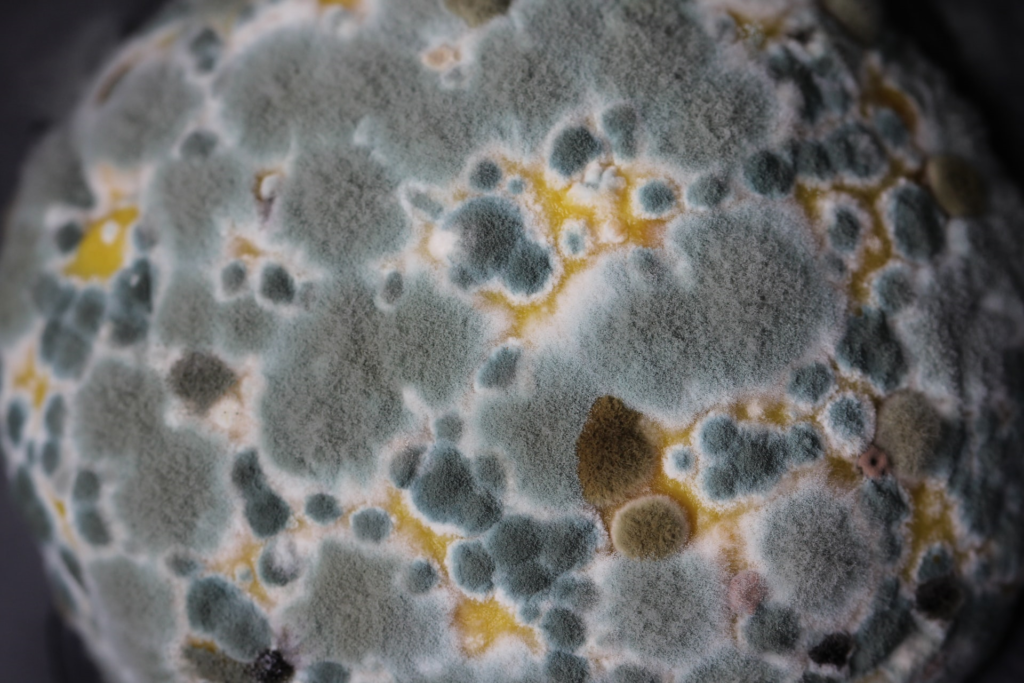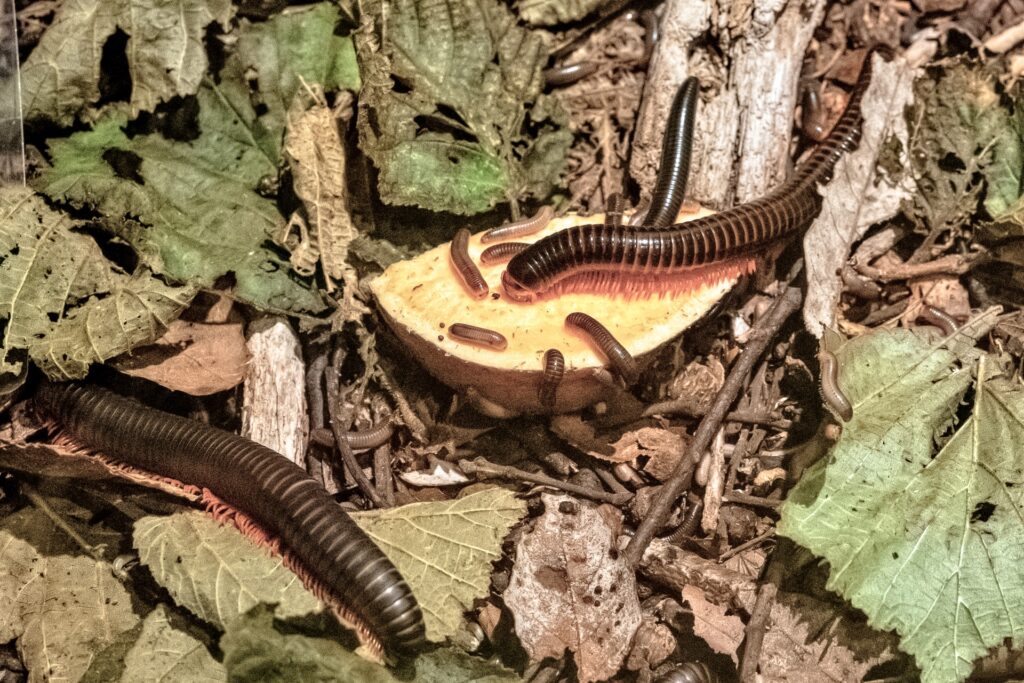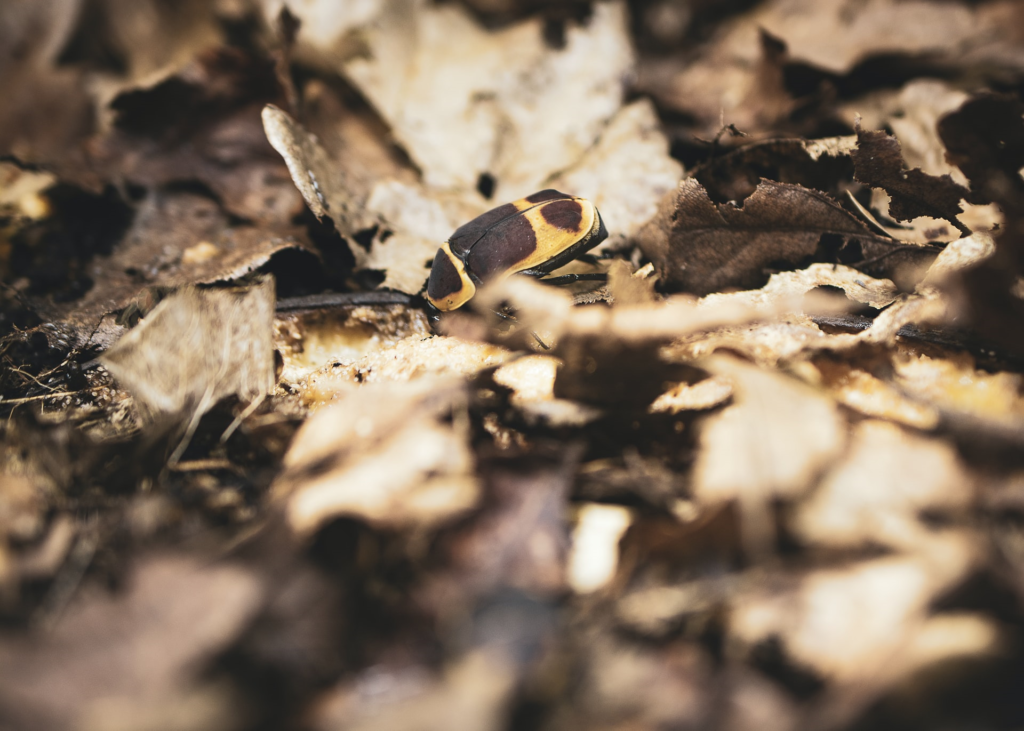(par 2.2.2. 3 ) Decomposition (wikipedia)

http://en.wikipedia.org/wiki/Decomposition From Wikipedia, the free encyclopedia A mummified rat. Blowfly and fly larvae on 5-day old corpse of South African Porcupine (Hystrixafricaeaustralis) Stages of death Pallor mortis Algor mortis Rigor mortis Livor mortis Putrefaction Decomposition Skeletonization Decomposition is the process by which organic substances are broken down into a much simpler form of matter. The process is […]
(par 2.2.2. 3 ) Decomposition

http://science.jrank.org/pages/1967/Decomposition.html Decomposition is the natural process by which large organic materials and molecules are broken down into simpler ones. The ultimate products of decomposition are simple molecules, such as carbon dioxide and water. Sometimes misunderstood as being undesirable, decomposition is actually an extremely vital ecological process. Living organisms are composed of cells and tissues, which are in turn […]
(par 2.2.2. 3. ) Plant litter (wikipedia)

http://en.wikipedia.org/wiki/Plant_litter From Wikipedia, the free encyclopedia Leaf litter, mainly White Beech, Gmelinaleichhardtii, from Black Bulga State Conservation Area, NSW, Australia Litterfall, plant litter, leaf litter, tree litter, soil litter, or duff, is dead plant material, such as leaves, bark, needles, and twigs, that has fallen to the ground. This detritus or dead organic material and its constituent nutrients are added to the top layer of soil, commonly known as the […]
